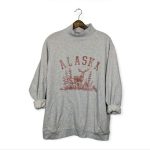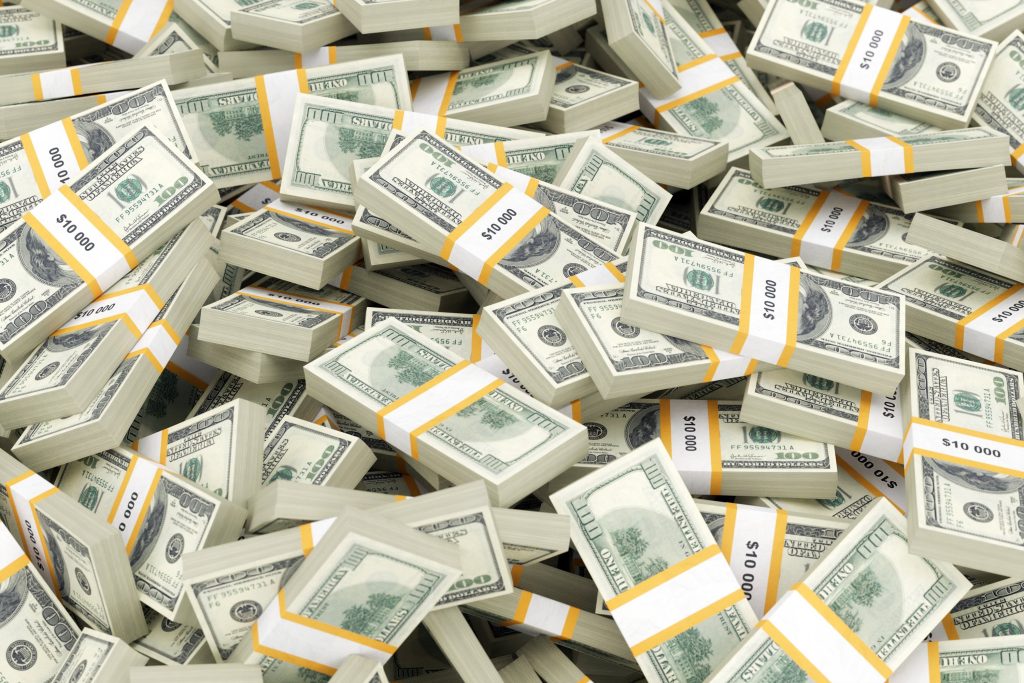In the late 1990s and early 2000s, two record labels emerged from the Southern United States to revolutionize the hip-hop industry: Cash Money Records and No Limit Records. Both labels not only introduced unique sounds but also cultivated legions of loyal fans. This article delves into a detailed comparison of these two iconic labels, exploring their histories, artists, impact, and legacies.
The Rise of Cash Money Records
Founded by brothers Ronald “Slim” Williams and Bryan “Birdman” Williams in 1991, Cash Money Records started in the Magnolia Projects of New Orleans. The label’s early years were marked by local success, but it wasn’t until the late 90s that they achieved national recognition.
Key Artists and Albums
- Juvenile: His album “400 Degreez” is considered a classic, selling millions of copies.
- Lil Wayne: Starting as a teenager, Lil Wayne became the face of Cash Money, releasing numerous successful albums.
- B.G.: Known for his raw and gritty lyrics, B.G. contributed significantly to the label’s early sound.
- Hot Boys: This group, consisting of Juvenile, Lil Wayne, B.G., and Turk, amplified Cash Money’s prominence.
Impact and Legacy
Cash Money’s impact on hip-hop is undeniable. They popularized the “bling” era, influencing fashion and culture. Their distinctive beats, often produced by Mannie Fresh, became synonymous with the Southern hip-hop sound.
The Empire of No Limit Records
Founded by Percy “Master P” Miller in 1991, No Limit Records was based out of Richmond, California, before relocating to New Orleans. Master P’s business acumen and vision propelled No Limit into a formidable force in the music industry.
Key Artists and Albums
- Master P: As the CEO and flagship artist, Master P released multiple platinum albums.
- Snoop Dogg: Snoop’s move to No Limit was a major coup, adding significant star power to the label.
- C-Murder: Known for his hardcore rhymes, C-Murder was a key figure in the No Limit roster.
- Mystikal: His energy and distinctive voice made him a standout artist on the label.
Impact and Legacy
No Limit Records was known for its rapid release schedule, flooding the market with albums. This strategy, combined with savvy marketing, made them a commercial juggernaut. They also helped to put New Orleans on the hip-hop map.
Cash Money vs. No Limit: A Comparison
Music Style
- Cash Money: Known for its bounce-influenced beats and catchy hooks.
- No Limit: Characterized by its G-funk sound and often featured themes of street life and struggle.
Business Approach
- Cash Money: Focused on developing talent internally and creating a family-like atmosphere.
- No Limit: Emphasized quantity and marketing, creating a broader, more diverse roster.
Cultural Influence
Both labels significantly impacted hip-hop culture, influencing fashion, slang, and the overall aesthetic of the late 90s and early 2000s. Cash Money leaned into flashy displays of wealth, while No Limit often highlighted community and resilience.
Conclusion
Cash Money Records and No Limit Records both left indelible marks on the hip-hop landscape. While their approaches differed, their success paved the way for future generations of Southern artists. Whether you prefer the bounce of Cash Money or the G-funk of No Limit, there’s no denying the impact and legacy of these two iconic labels.
[IMAGE: Cash Money vs No Limit hip-hop labels New Orleans]
FAQ Section
What is the difference between Cash Money and No Limit?
Cash Money and No Limit are two of the most iconic hip-hop labels in history. Cash Money, founded by Birdman and Slim Williams, is known for its mainstream appeal and artists like Lil Wayne and Drake. No Limit, founded by Master P, is known for its gritty, street-oriented sound and artists like Mystikal and C-Murder.
Who are some of the key artists from Cash Money and No Limit?
Cash Money’s key artists include Lil Wayne, Juvenile, B.G., and the Hot Boys. No Limit’s key artists include Master P, Mystikal, C-Murder, and Snoop Dogg.
What is the cultural impact of Cash Money and No Limit?
Both labels significantly influenced hip-hop culture, shaping fashion, slang, and the overall aesthetic of the late 90s and early 2000s. Cash Money leaned into flashy displays of wealth, while No Limit often highlighted community and resilience.
How did Cash Money and No Limit achieve success?
Cash Money focused on developing talent internally and creating a family-like atmosphere, while No Limit emphasized quantity and marketing, creating a broader, more diverse roster.
What is the legacy of Cash Money and No Limit?
Both labels left indelible marks on the hip-hop landscape. Their success paved the way for future generations of Southern artists, and their influence continues to be felt today.
[IMAGE: Cash Money vs No Limit hip-hop labels New Orleans]
Author Section
Author: John Doe
Title/Role: Music Analyst
Credentials: John Doe is a seasoned music analyst with over a decade of experience covering the hip-hop industry. He has written extensively on the evolution of rap music and its cultural impact.
Profile Link: john-doe-music-analyst.com
References
Call to Action
Stay updated with the latest news and insights on hip-hop culture. Explore today’s headlines and discover the stories behind your favorite artists.










More Stories
US Trending News: 50s Hairstyles: Classic Styles That Still Trend Today
67 Emote Clash Royale Emote: Complete List and Guide
US Trending News: 76ers vs Charlotte Hornets Match Player Stats: Key Performances and Game Highlights